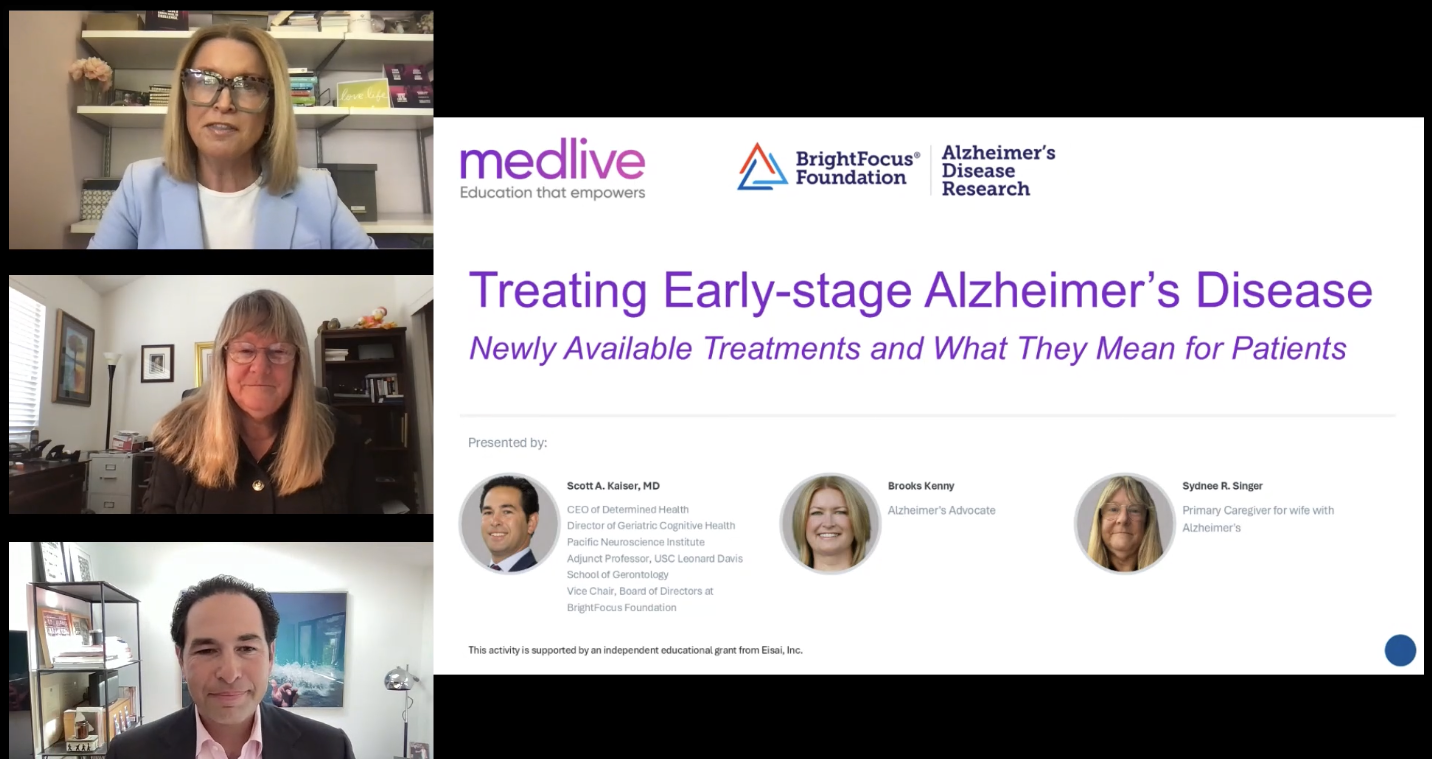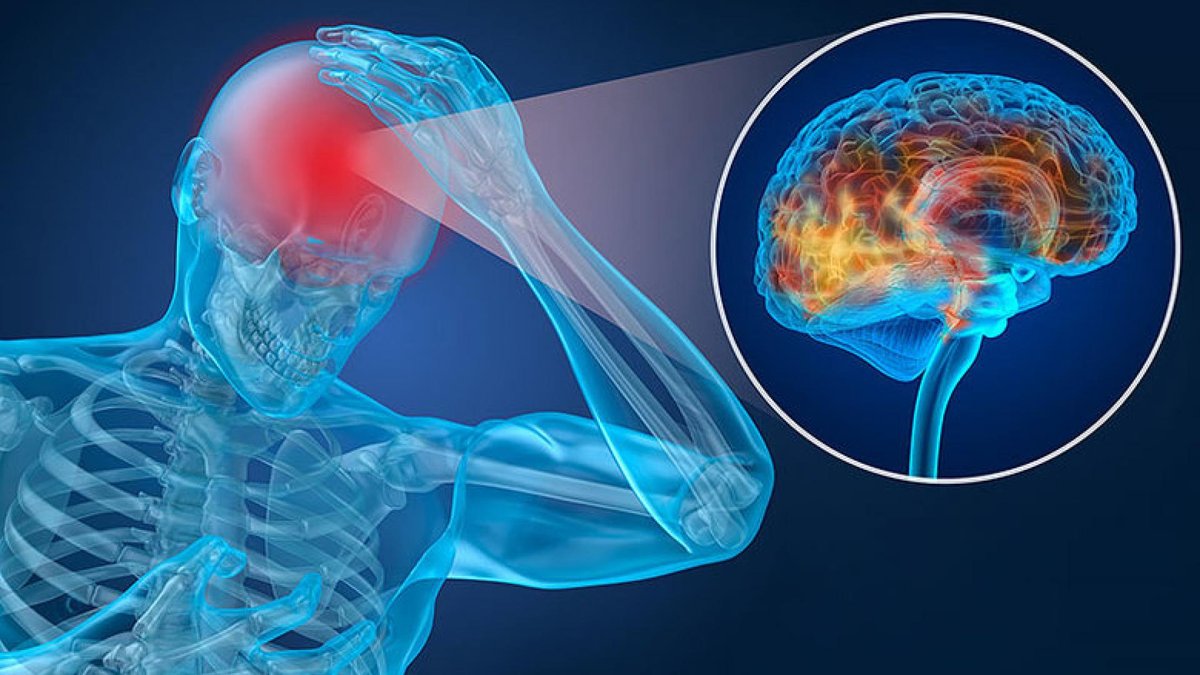
From upcoming drug approval decisions to late-stage clinical trial readouts—this year promises many developments for Alzheimer’s and dementia treatments coming down the pipeline. In 2024, there are 171 ongoing studies and 134 drugs being tested in clinical trials.
Over half (77%) of the new treatments are touted as potentially disease-modifying, meaning they target known pathological changes in Alzheimer’s disease to slow cognitive decline. This strategy is intended to give people in the early stages of Alzheimer’s disease a little more time before they start to lose their cognitive abilities and begin experiencing symptoms like memory loss.
There are limited treatment options for Alzheimer’s disease currently available, and only a small portion are considered disease-modifying. Those drugs have shown modest results for slowing progression, leaving room for improvement and innovation in upcoming therapies. The next generation of treatments are making their way through clinical trials and roughly 15% of new drugs are in later-stage studies (Phase 3).
Read on to learn more about a few of the anticipated major Phase 3 trial results and potential upcoming treatments in 2024:
The Alzheimer’s Treatment Pipeline
A Second Amyloid-Clearing Treatment (Donanemab)
Anti-amyloid therapy donanemab is expected to receive a final decision from the U.S. Food and Drug Administration (FDA) this year. The FDA recently announced that it will convene a meeting of expert advisors to review clinical trial findings on the effectiveness and safety of donanemab before rendering judgment.
Donanemab made headlines in 2023 as the amyloid-targeting drug with the highest slowing of cognitive decline at 35%. A separate analysis of those who received the drug early in their disease showed upwards of 60% slowing of cognitive decline, reinforcing the need for early intervention with Alzheimer’s and dementia treatments. Donanemab works by targeting and removing the hallmark amyloid plaques that appear in brains with Alzheimer’s disease. A Phase 3 clinical trial found that more participants receiving donanemab showed reduced brain amyloid plaques compared to another recently discontinued Alzheimer’s therapy.
The FDA convened an advisory committee meeting regarding donanemab on June 10, 2024. The drug, now called Kisunla, was approved by the FDA on July 2. Learn more.
The First Oral Alzheimer’s Drug (ALZ-801)
Traditionally, amyloid-targeting therapies require regular intravenous (IV) infusions that take place at a doctor’s office. Now, scientists are developing amyloid-fighting medications in an easily accessible pill form.
The drug manufacturer of the first disease-modifying oral medication for Alzheimer’s, ALZ-801, is expected to submit a new drug application to the FDA later this year. The application is awaiting final topline results from a Phase 3 clinical trial called APOLLOE4. The trial examines the use of this medication in people with two copies of an Alzheimer’s risk gene, APOE4, and an early Alzheimer’s diagnosis.
ALZ-801 targets an earlier form of amyloid that builds up in the brain and can negatively impact surrounding cells. Trials results reported thus far show less risk of a rare but serious side effect called amyloid-related imaging abnormalities, associated with current anti-amyloid medications. The oral form of the drug also holds the potential for easier treatment access and less burden to people receiving the medication.
ALZ-801 is based on a drug called tramiprostate that was co-created by Don Weaver, a recipient of the BrightFocus Foundation Centennial Grant. This funding enabled small molecule drug discovery for Alzheimer’s research.
An Alternative Treatment for Alzheimer’s Agitation (AXS-05)
The company that made the first approved therapy for Alzheimer’s agitation is expected to report topline results from a Phase 3 trial for a new medication this year. The repurposed anti-depressant, AXS-05, showed positive results in previous late-stage trials for treating agitation behaviors like sundowning in people with Alzheimer’s.
Currently, there is only one available therapy for Alzheimer’s agitation.
What About Studies for Alzheimer’s Prevention?
A large-scale study examining the effect of exercise, diet, and other lifestyle interventions on cognition in older individuals at risk for dementia, called the U.S. POINTER Study, just finished enrollment last year. Researchers are finalizing data this year and expect to present their findings in 2025. Their work is inspired by the Finnish Geriatric Intervention Study to Prevent Cognitive Impairment and Disability (known as ‘FINGERS’) that showed slowed cognitive decline in older at-risk people with two years of lifestyle interventions. These trials have expanded into the World Wide (WW)-FINGERS study, which is ongoing.
The Bottom Line
This year may see the approval of a new Alzheimer’s therapy, with several other treatments close on its heels that aim to improve treatment access and quality of life by shepherding a pill for Alzheimer’s. Researchers are also working in tandem to investigate lifestyle interventions that could help prevent Alzheimer’s from developing in the first place. Together, these innovations illustrate steady progress toward a better future for the millions living with Alzheimer’s disease and their families.
Want to learn more? Take a deep dive with neurologist and Alzheimer’s expert Dr. Jeffrey Cummings in our “Zoom in on Dementia & Alzheimer’s” episode on Alzheimer’s Clinical Trials 2024 here.
Scientists funded by BrightFocus’ Alzheimer’s Disease Research program are studying innovative new treatments to support the next generation of Alzheimer’s therapies. Find out more about the groundbreaking work we’re funding here.
About BrightFocus Foundation
BrightFocus Foundation is a premier global nonprofit funder of research to defeat Alzheimer’s, macular degeneration, and glaucoma. Through its flagship research programs — Alzheimer’s Disease Research, Macular Degeneration Research, and National Glaucoma Research— the Foundation has awarded nearly $300 million in groundbreaking research funding over the past 51 years and shares the latest research findings, expert information, and resources to empower the millions impacted by these devastating diseases. Learn more at brightfocus.org.
Disclaimer: The information provided here is a public service of BrightFocus Foundation and is not intended to constitute medical advice. Please consult your physician for personalized medical, dietary, and/or exercise advice. Any medications or supplements should only be taken under medical supervision. BrightFocus Foundation does not endorse any medical products or therapies.
- Disease Biology
- Treatments










